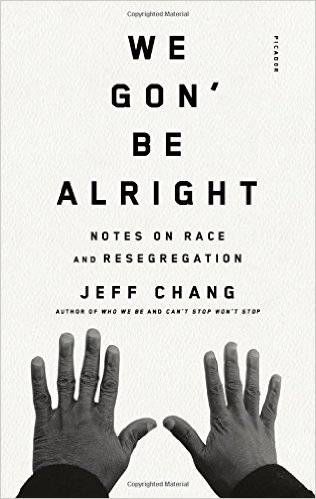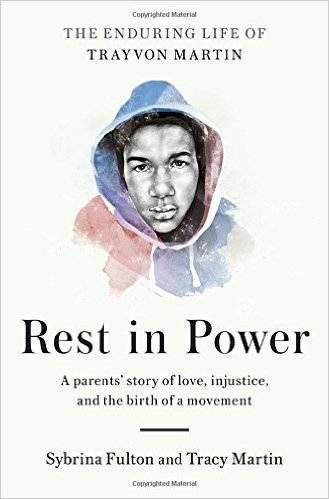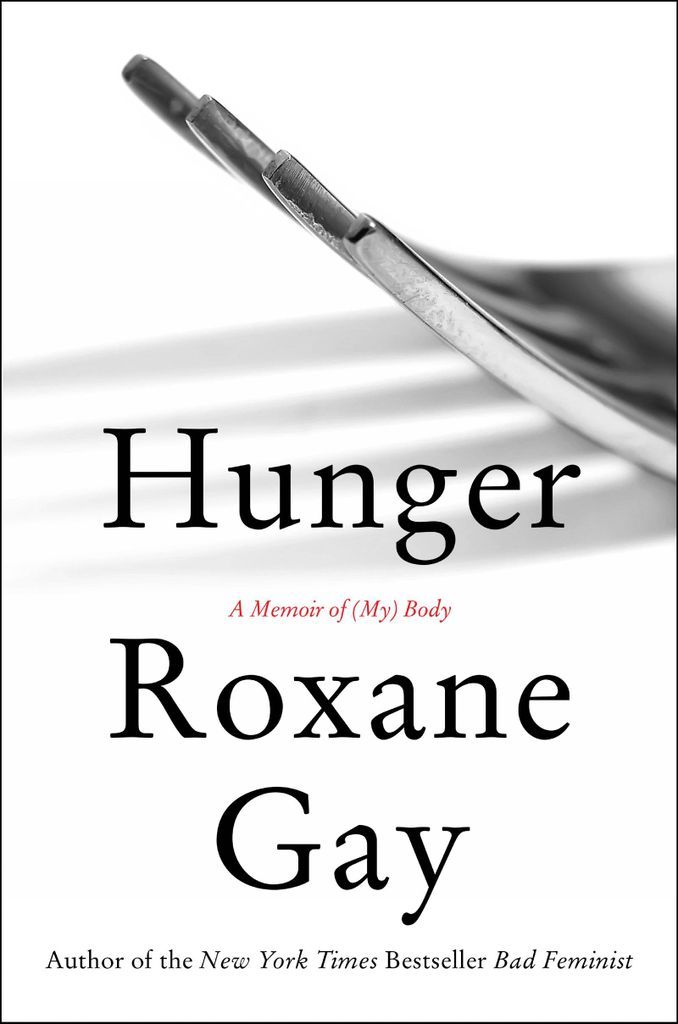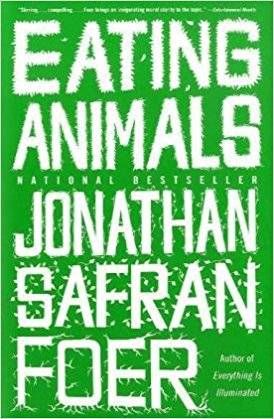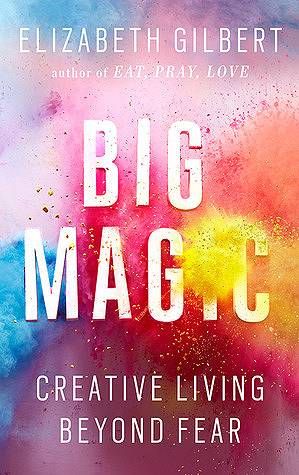
25 Nonfiction Suggestions for Your Book Club
There are few things in life as intense as picking the next book for your book club. Maybe you’ve thought of suggesting a nonfiction book, but that seems risky. What if it’s too dense? What if people get bored? Don’t worry. We’re here to help you pick a nonfiction book that your book club will love!
There are tons of benefits to reading nonfiction in your book club. For starters, it’s a great way to remove some of the intimidation that many people feel when approaching nonfiction. Having your book club pals around to wade through the difficult or confusing parts can help spark conversation and open new dimensions to a book.
There’s a group of readers around you who come from assorted backgrounds and have lived different life experiences—take advantage of that! You’ll get to learn about a new topic from various perspectives, while also getting to know your book club pals on a deeper level.
So, if you feel like it’s time to add some nonfiction to your book club lineup, here are some nonfiction suggestions for your book club!
Blurbs are taken from Goodreads.
Current Events
We Gon’ Be Alright by Jeff Chang: Provocative and powerful essays in which Chang takes an incisive and wide-ranging look at the recent tragedies and widespread protests that have shaken the country.
- United States of Jihad by Peter Bergen: In the wake of the attacks at Fort Hood, the Boston Marathon, and in Paris, here is a riveting, panoramic look at “homegrown” Islamist terrorism, from 9/11 to the present.
- White Rage by Carol Anderson: From the Civil War to our combustible present, acclaimed historian Carol Anderson reframes our continuing conversation about race, chronicling the powerful forces opposed to black progress in America.
Activism
Rest in Power by Sybrina Fulton and Tracy Martin: Trayvon Martin s parents take readers beyond the news cycle with an account only they could give: the intimate story of a tragically foreshortened life and the rise of a movement.
- Freedom is a Constant Struggle by Angela Y. Davis: In these newly collected essays, interviews, and speeches, world-renowned activist and scholar Angela Y. Davis illuminates the connections between struggles against state violence and oppression throughout history and around the world.
- Just Mercy by Bryan Stevenson: A powerful true story about the potential for mercy to redeem us, and a clarion call to fix our broken system of justice—from one of the most brilliant and influential lawyers of our time.
- Bad Feminist by Roxane Gay: In these funny and insightful essays, Gay takes us through the journey of her evolution as a woman of color while also taking readers on a ride through culture of the last few years and commenting on the state of feminism today.
- I Am Malala by Malala Yousafzai: When the Taliban took control of the Swat Valley in Pakistan, one girl spoke out. Malala Yousafzai refused to be silenced and fought for her right to an education.
Biographies/Memoirs
Hunger by Roxane Gay: With the bracing candor, vulnerability, and power that has made her one of the most admired writers of her generation, Roxane explores what it means to learn to take care of yourself: how to feed your hungers for delicious and satisfying food, a smaller and safer body, and a body that can love and be loved—in a time when the bigger you are, the smaller your world becomes.
- Born a Crime by Trevor Noah: The compelling, inspiring, and comically sublime story of one man’s coming-of-age, set during the twilight of apartheid and the tumultuous days of freedom that followed.
- Brain on Fire by Susannah Cahalan: In a swift and breathtaking narrative, Cahalan tells the astonishing true story of her descent into madness, her family’s inspiring faith in her, and the lifesaving diagnosis that nearly didn’t happen.
- Lab Girl by Hope Jahren: Lab Girl is a book about work, love, and the mountains that can be moved when those two things come together. It is told through Jahren’s stories: about her childhood in rural Minnesota with an uncompromising mother and a father who encouraged hours of play in his classroom’s labs; about how she found a sanctuary in science, and learned to perform lab work done “with both the heart and the hands;” and about the inevitable disappointments, but also the triumphs and exhilarating discoveries, of scientific work.
- In Order to Live by Yeonmi Park: Human rights activist Park, who fled North Korea with her mother in 2007 at age 13 and eventually made it to South Korea two years later after a harrowing ordeal, recognized that in order to be “completely free,” she had to confront the truth of her past.
Shared Interests
Eating Animals by Jonathan Safran Foer: Brilliantly synthesizing philosophy, literature, science, memoir and his own detective work, Eating Animals explores the many fictions we use to justify our eating habits—from folklore to pop culture to family traditions and national myth—and how such tales can lull us into a brutal forgetting.
- Stiff by Mary Roach (anything by Mary Roach): Stiff is an oddly compelling, often hilarious exploration of the strange lives of our bodies postmortem.
- The Hour of Land by Terry Tempest Williams: Williams returns with a literary celebration of our national parks, an exploration of what they mean to us and what we mean to them.
- On Writing by Stephen King: King turns to the basic tools of his trade and culminates with a profoundly moving account of how his overwhelming need to write spurred him toward recovery.
- Inside of a Dog by Alexandra Horowitz: In Inside of a Dog, Alexandra Horowitz fuses her perspectives as both scientist and dog-owner to deliver a fresh look at the world of dogs as seen from the animal’s point of view.
Self Improvement
Big Magic by Elizabeth Gilbert: With profound empathy and radiant generosity, Gilbert offers potent insights into the mysterious nature of inspiration. She asks us to embrace our curiosity and let go of needless suffering. She shows us how to tackle what we most love, and how to face down what we most fear.
- I Thought it Was Just Me by Brené Brown: Shame manifests itself in many ways. Addiction, perfectionism, fear and blame are just a few of the outward signs that Dr. Brené Brown discovered in her 6-year study of shame’s effects on women. While shame is generally thought of as an emotion sequestered in the shadows of our psyches, I Thought It Was Just Me demonstrates the ways in which it is actually present in the most mundane and visible aspects of our lives.
- Quiet by Susan Cain: At least one-third of the people we know are introverts. Passionately argued, impressively researched, and filled with indelible stories of real people, Quiet shows how dramatically we undervalue introverts, and how much we lose in doing so.
- The Confidence Code by Katty Kay: Working women today are better educated and better qualified than ever before. Yet men still predominate in the corporate world. In The Confidence Code, Claire Shipman and Katty Kay argue that the key reason is confidence.
- Reading People by Anne Bogel: For readers who long to dig deeper into what makes them uniquely them (and why that matters), popular blogger Anne Bogel has done the hard part—collecting, exploring, and explaining the most popular personality frameworks, such as Myers-Briggs, StrengthsFinder, Enneagram, and others. She explains to readers the life-changing insights that can be gained from each and shares specific, practical real-life applications.
Looking for more ideas on how to pick your next book club book? Check out these 10 suggestions for picking your next book club book!



